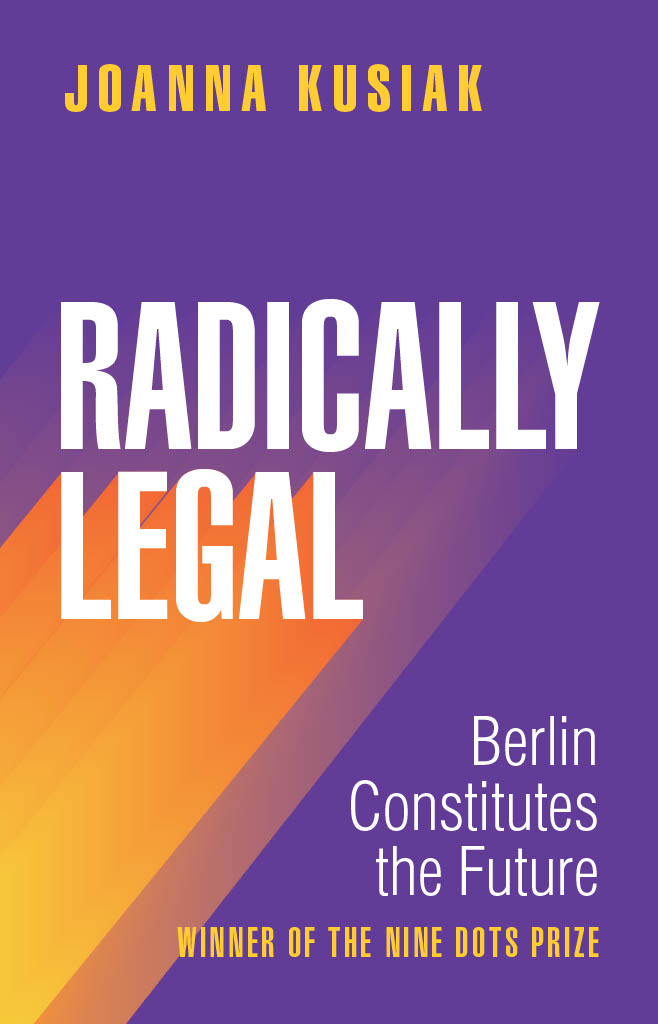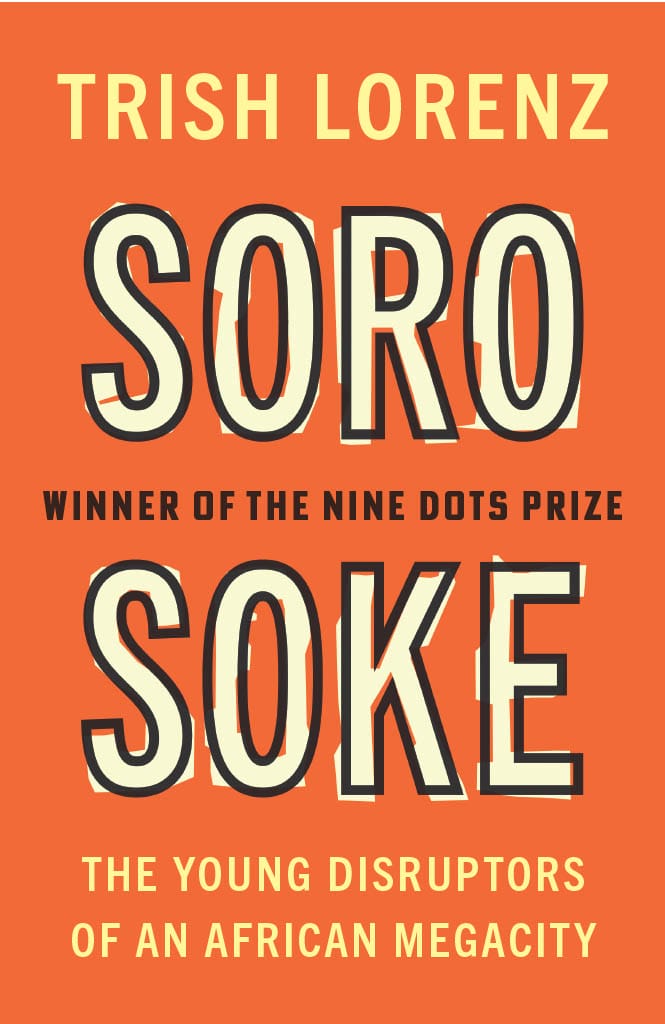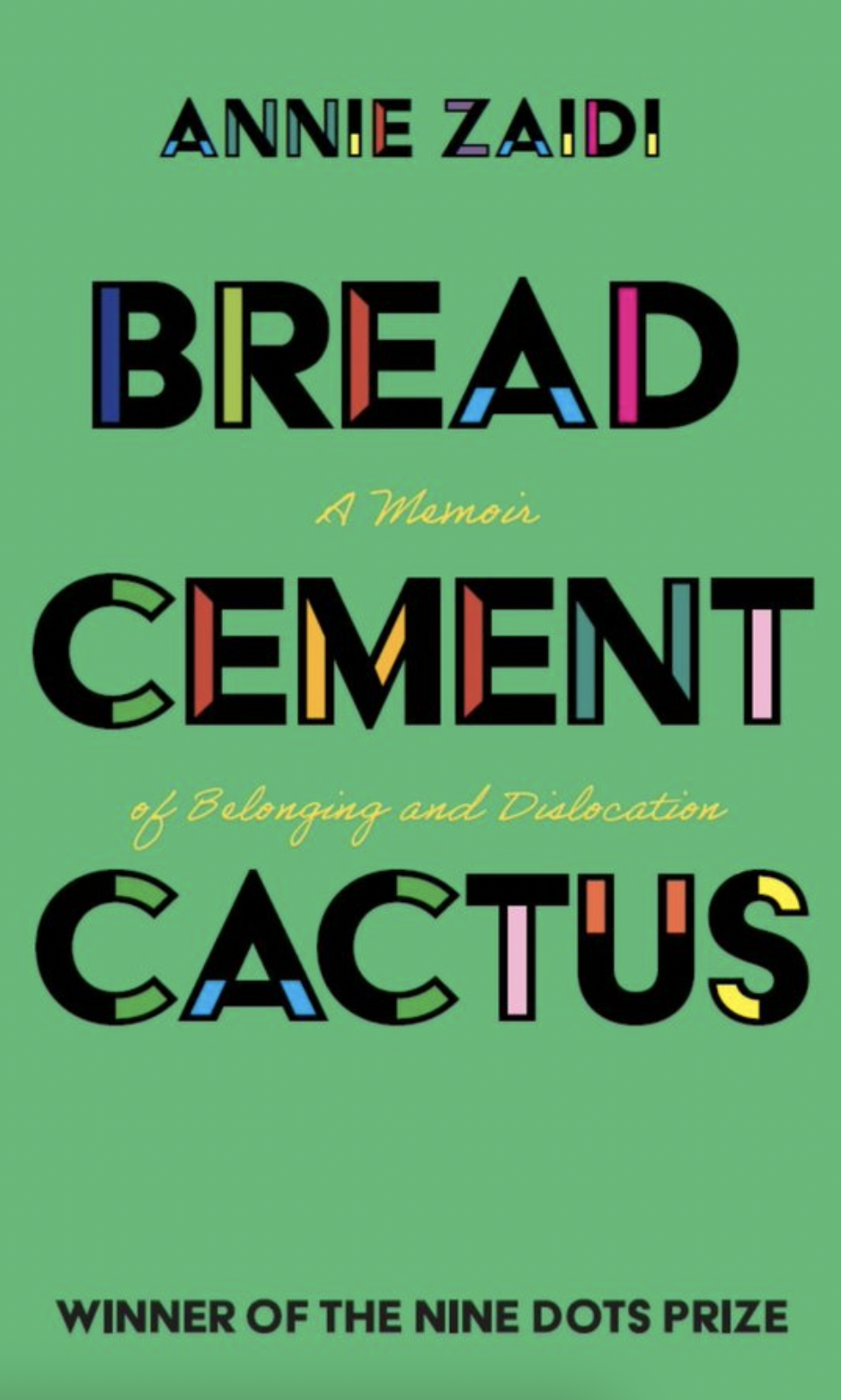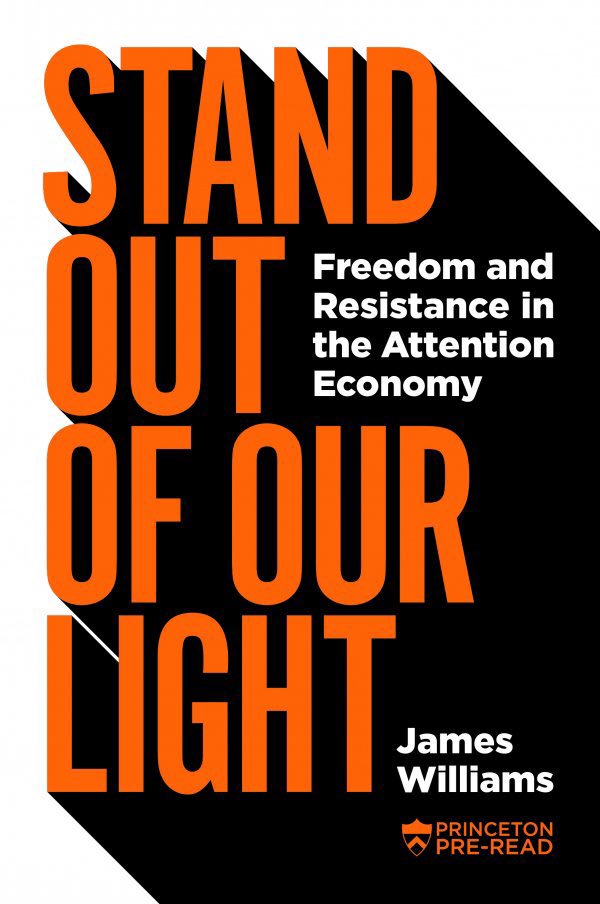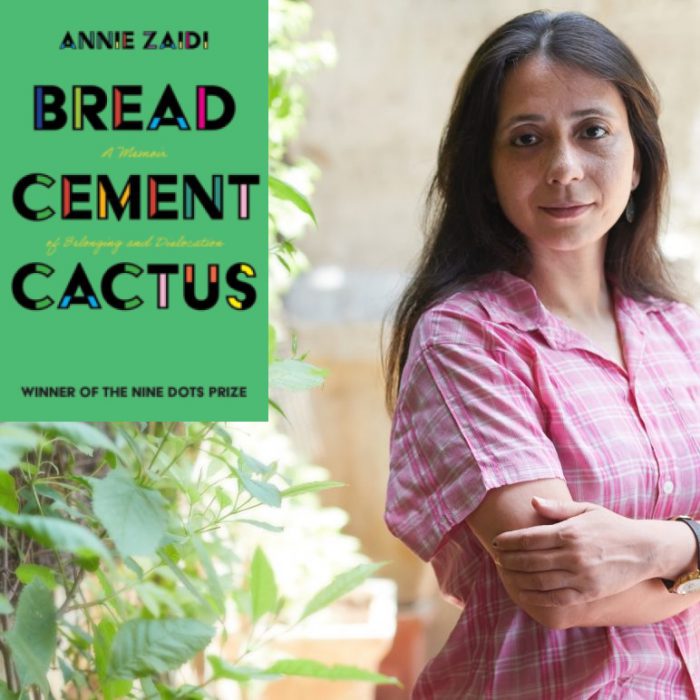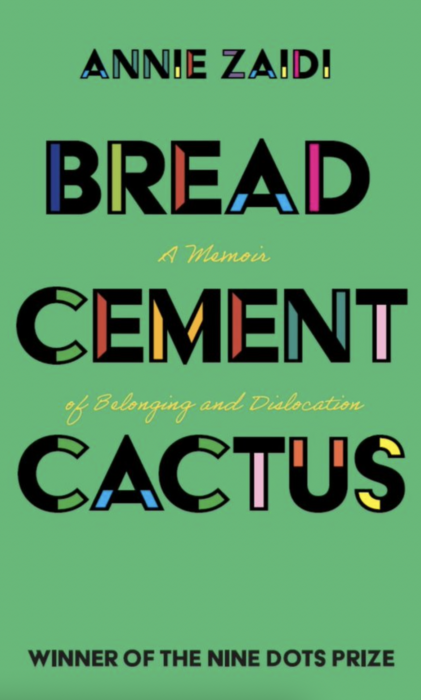-

-

-

-

Stand Out of Our Light: Freedom and Resistance in the Attention Economy
James Williams2017 Prize
Discover
The Question
"Is there still no place like home?"

Annie Zaidi
2018/2019
Annie Zaidi, a freelance writer whose work includes reportage, essays, short stories, poetry and plays, has been announced as the winner of the Nine Dots Prize 2018/19.
Zaidi’s entry, ‘Bread, Cement, Cactus’, combines memoir and reportage to explore concepts of home and belonging rooted in her experience of contemporary life in India, where migration – within the country, especially from villages to cities – is high. The proposed book will answer the central question through examining how a citizen’s sense of ‘home’ might collapse, or be recovered. You can read an extract from her winning entry here.
Zaidi began her career as a reporter with stints at leading newspapers and magazines including Mid-Day and Frontline. She has published both fiction and non-fiction: Known Turf: Bantering with Bandits and Other True Tales is a collection of essays shortlisted for the Crossword Book Award in 2010, and Love Stories # 1 to 14 is a collection of short fiction published in 2012. In 2015, she published an anthology called Unbound: 2,000 Years of Indian Women’s Writing. Elle magazine named Zaidi as one of the emerging South Asian writers “whose writing… will enrich South Asian literature”. She currently works as a freelance writer, working on fiction, scripts and columns for magazines and newspapers.
Zaidi says: “What really appealed to me about the Nine Dots Prize was the way it encourages entrants to think without borders or restraints. My work has often crossed over genres, traversing between memoir and journalism, and this timely but wide-open question encouraged us to approach it with methods that were equally far-ranging. I had been working towards a similarly themed project for a while but didn’t have the financial, or even mental, bandwidth to do it justice. The Prize will allow me to dedicate time to the examination of this question, which is of critical importance in the modern world – and it will help fund the necessary research trips, which, as a freelancer, is something I appreciate hugely. I’m extremely grateful for this opportunity and am looking forward to the challenges and excitement of the year ahead.”
Bread, Cement, Cactus: A Memoir of Belonging and Dislocation
May 28, 2020
In this exploration of the meaning of home, Annie Zaidi reflects on the places in India from which she derives her sense of identity. She looks back on the now renamed city of her birth and the impossibility of belonging in the industrial township where she grew up. From her ancestral village, in a region notorious for its gangsters, to the mega-city where she now lives, Zaidi provides a nuanced perspective on forging a sense of belonging as a minority and a migrant in places where other communities consider you an outsider, and of the fragility of home left behind and changed beyond recognition. This title is free to download.

The board
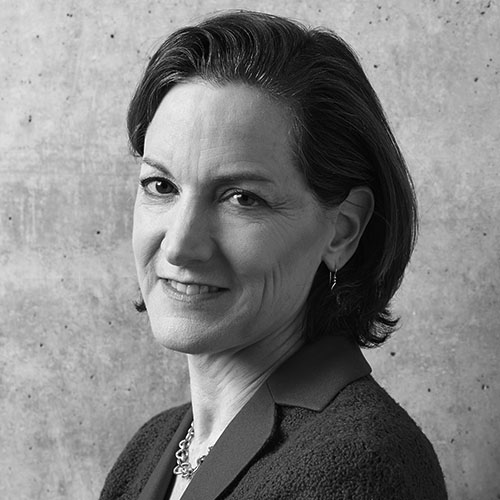
Anne Applebaum
Journalist at The Atlantic and Professor of Practice at LSE Institute of Global Affairs
Anne Applebaum is a staff writer at The Atlantic and a Pulitzer-prize winning historian. She is also Professor of Practice at the London School of Economics’ Institute of Global Affairs where she runs Arena, a program on disinformation and 21st century propaganda.
View profile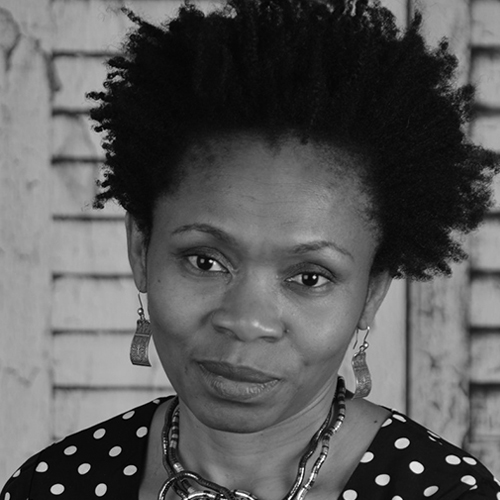
Bibi Bakare-Yusuf
Co-founder and Publishing Director of Cassava Republic Press and the co-founder of Tapestry Consulting
Bibi Bakare-Yusuf is co-founder and publishing director of Cassava Republic Press, one of Africa’s leading publishing houses, and the co-founder of Tapestry Consulting, a boutique research and training company focused on gender, sexuality and transformational issues in Nigeria.
View profile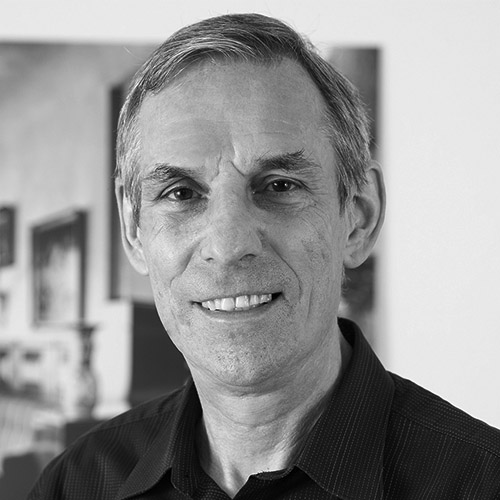
Professor Steven Connor
Director of CRASSH at the University of Cambridge
Professor of English at Cambridge University since 2012, Steven Connor is Director of the Centre for Research in the Arts, Social Sciences and Humanities (CRASSH).
View profile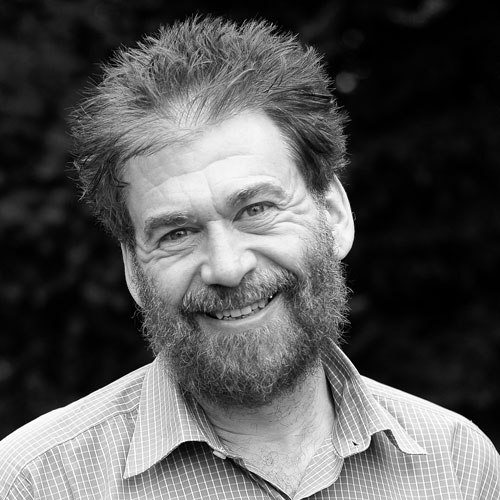
Professor Simon Goldhill (Chair of Prize Board)
Professor of Greek Literature and Culture at the University of Cambridge
Simon Goldhill is Professor of Greek Literature and Culture and Fellow of King's College, Cambridge.
View profile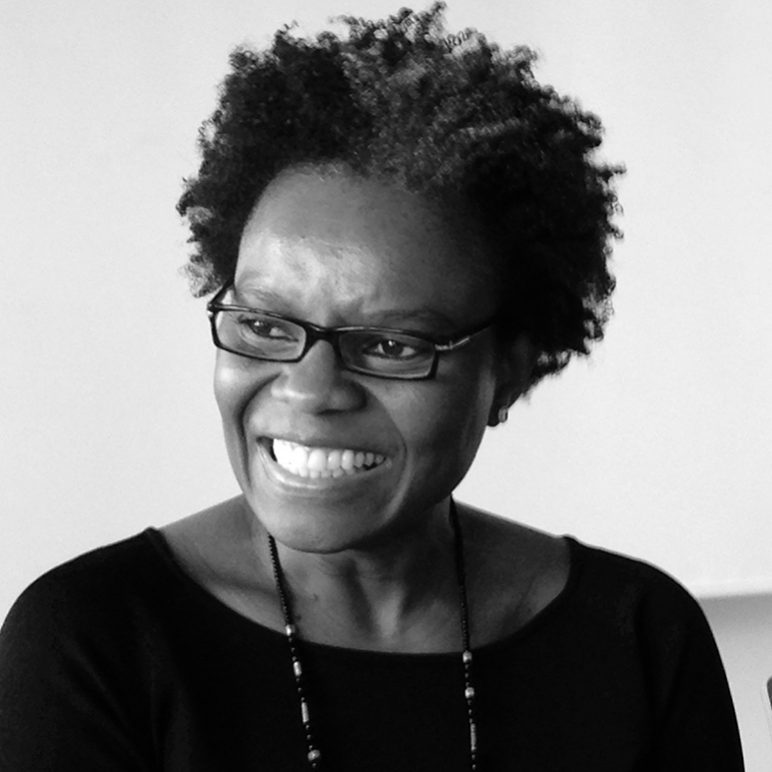
Professor Alcinda Honwana
Strategic Director at the Firoz Lalji Centre for Africa at the London School of Economics
Alcinda Honwana is Strategic Director at the Firoz Lalji Centre for Africa and Centennial Professor at the Department of International Development at the London School of Economics
View profile
Peter Kadas
Trustee of the Kadas Prize Foundation
Peter Kadas is a Trustee of the Kadas Prize Foundation.
View profile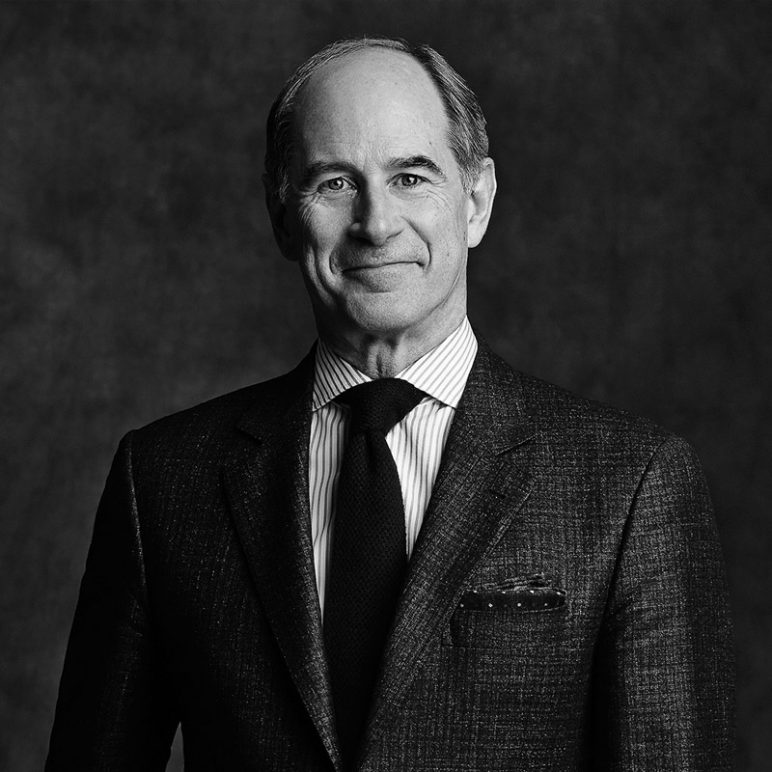
Professor Roger Martin
Professor Emeritus at the Rotman School of Management at the University of Toronto
Roger Martin is Professor Emeritus and former Institute Director of the Martin Prosperity Institute at the Rotman School of Management at the University of Toronto.
View profile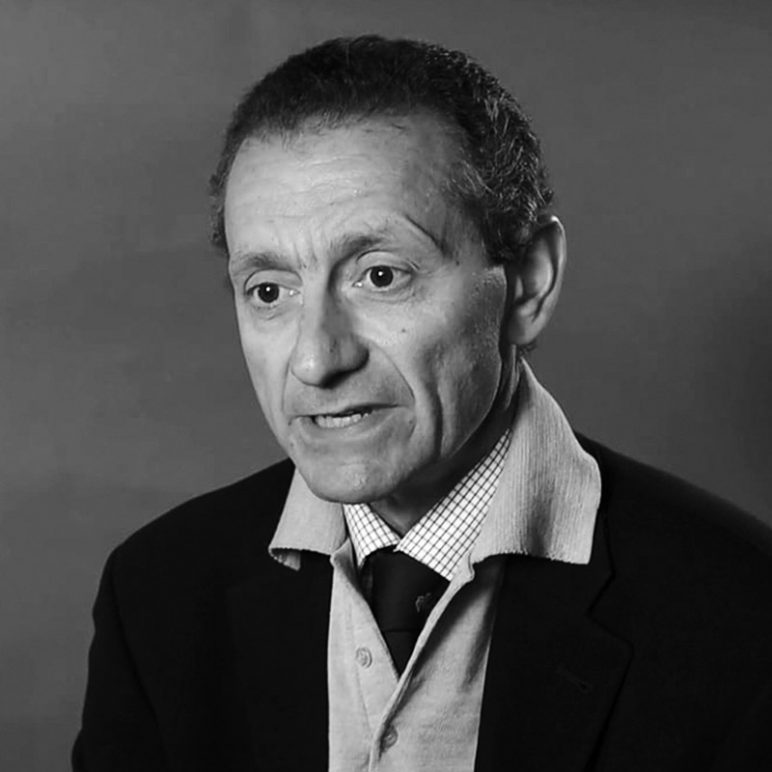
Professor Riccardo Rebonato
Professor of Finance at EDHEC Business School
Riccardo Rebonato is Professor of Finance at EDHEC Business School and Scientific Director of the EDHEC-Risk Climate Impact Institute. Previously he was Global Head of Rates and FX Research at PIMCO. He also served as Global Head of Market Risk, Global Head of Research and Head of Complex IR Derivatives Trading at several UK-based international institutions.
View profile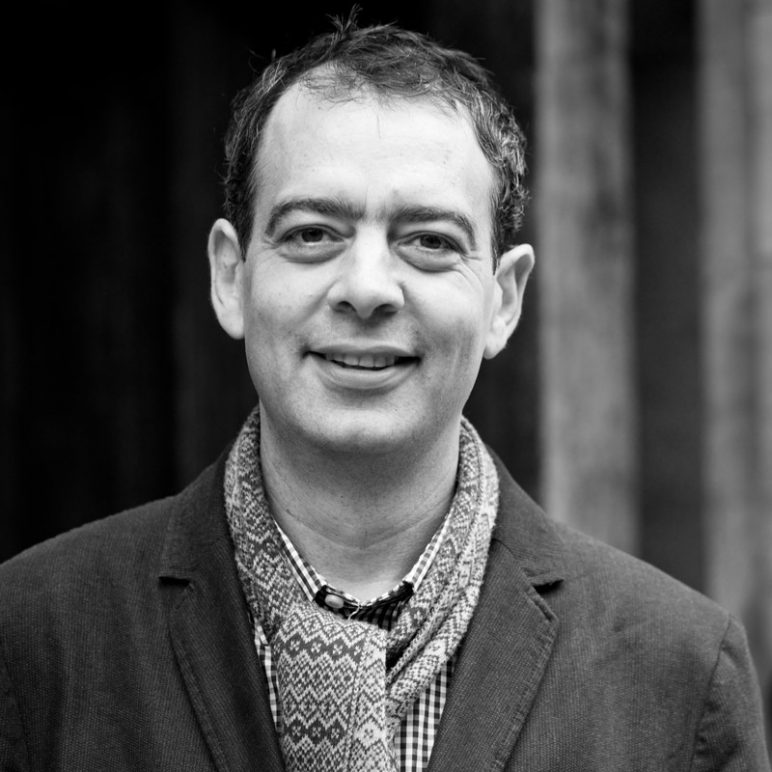
Professor David Runciman
Professor of Politics at the University of Cambridge
David Runciman is Professor of Politics at the University of Cambridge and presenter of the podcast Past Present Future
View profile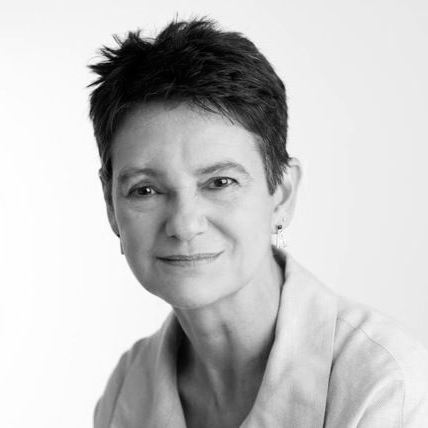
Professor Diane Coyle
Bennett Professor of Public Policy at Cambridge University
Diane Coyle is the author of numerous books including GDP: A Brief But Affectionate History, The Economics of Enough, and The Soulful Science (all Princeton University Press).
View profile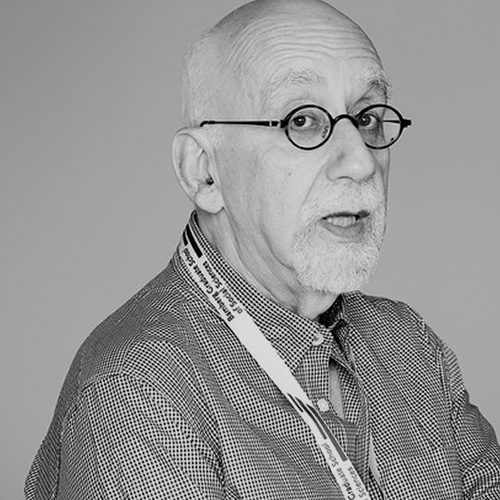
Professor Ira Katznelson
Professor of Political Science and History, Columbia University
Ira Katznelson is an Americanist whose work has straddled comparative politics and political theory as well as political and social history. He returned in 1994 to Columbia, where he had been assistant and then associate professor from 1969 to 1974.
View profile